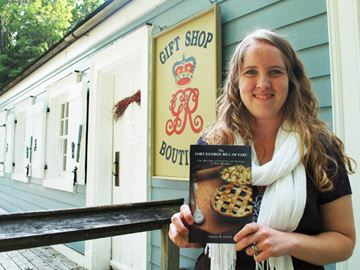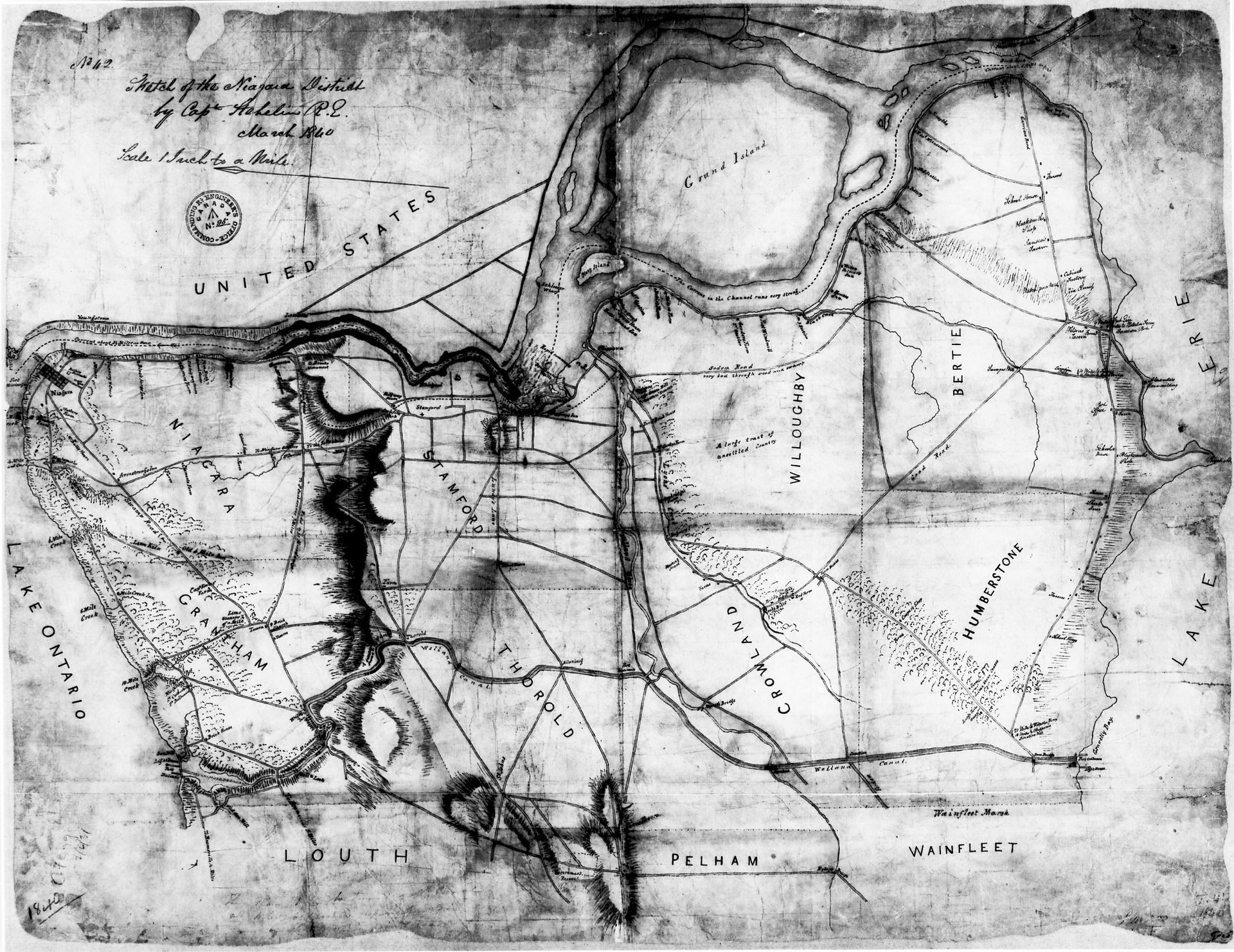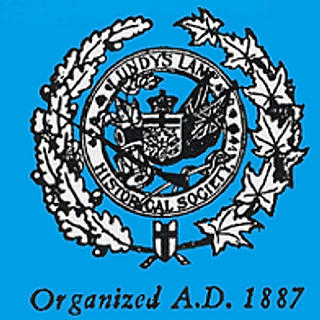Society Annual Dinner; with speaker, Amanda Gamble "Cooking and Eating at Fort George"
- Lundy Lane
- Dec 3, 2015
- 3 min read
The Lundy's Lane Historical Society Annual dinner at Delphi Hall. 4414 Portage Rd. Niagara Falls, On. Doors Open at Delphi Hall at 6pm, Supper is at 7pm, with presentation to follow. Tickets are $35/person.
to reserve, call the Niagara Falls History Museum 905-358-5082. Deadline for ticket reservations is Nov 27th.
The speaker this year is Amanda Gamble, Executive Director of the "Friends of Fort George". She will be talking about, "Cooking and eating at Fort George".
Link to news article Niagara this Week , July 31, 2014
http://www.niagarathisweek.com/community-story/4728753-dining-fort-george-style/
Dining Fort George style
New book explores culinary scene of 1812-era Niagara
Dining Fort George style

Melinda Cheevers/staff photo
Amanda Gamble of the Friends of Fort George shows off a copy of her new book The Fort George Bill of Fare, available in the friends' gift shop at the fort. The book explores the food sources and recipes that would have been used during the regency period in Fort George and surrounding areas. Written by Gamble, it is part non-fiction novel and part cookbook, with many recipes adapted for modern times.
Niagara-On-The-Lake Town Crier
By Melinda Cheevers
NIAGARA-ON-THE-LAKE – Can you imagine what baking was like before the advent of baking powder? Or cooking, especially meat dishes, before there was refrigeration? Cooks had to get creative and do a lot of prep work in order to make a meal truly worth savouring.
Those differences, and more, are explored in a new book being distributed by the Friends of Fort George. The Fort George Bill of Fare: The History of Cooking and Eating at Fort George takes a look at the culinary scene of 1812 Niagara. It not only explores what foods were being consumed, but how they were being prepared as well and where the food sources came from. Author Amanda Gamble said she was surprised to learn just how diverse the on-site gardens at the fort were, noting they had melons and cantaloupes, asparagus, and more.
“If you had a well-kept garden, you would have eaten very well,” she said.
Gamble works as manager of the Friends of Fort George gift shop and said the book evolved from an idea she and executive director Erika Alexander had been talking about for a few years. The shop has similar books focusing on recipes from Colonial Williamsburg and Fort Niagara, but noting that took a look at Fort George.
“At first, we thought perhaps we could do up a pamphlet, just to supplement it with Fort George-specific information,” said Gamble, noting that pretty soon she realized that what she was working on would be something much bigger.
The end result is part non-fiction novel, looking back at the time period and their cooking methods, and part cookbook with more than 70 recipes from that era including 40 that have been adapted for modern times. Gamble said they didn't adapt them to include any ingredients that wouldn't have been available during that time frame but rather just to convert many of the ingredient portions to modern times. For example, eggs would be bigger now than they were then and as a result recipes require less. She and another member of the Friends of Fort George tested each of the recipes before putting them in the book.
Recipes range from breads and puddings to roasts and desserts. Gamble said people could create an entire Georgian-themed menu from the recipes offered in the book. There are some recipes included that were not adapted but rather left in because of their quirky nature. The recipe for mock-turtle soup, for example, includes instructions for cutting into the skull of a calf.
“They used different cuts of meat back then, that's for sure,” said Gamble.
That's not the only difference. Because of the aforementioned lack of baking powder, some recipes would call for the baker to whip eggs for upwards of two hours in order to ensure the right fluffiness and Gamble said creative and liberal use of spices helped cooks to cover up the decaying scent/taste of unrefrigerated meat.
She said people living in the area had access to a wider variety of goods when it came to cooking because the Town of Niagara was a market area, with goods coming in from all over.
The book is being sold in the Fort George Gift Shop for $15.95. It was written as a companion to the cooking program at the Fort.
















Comments